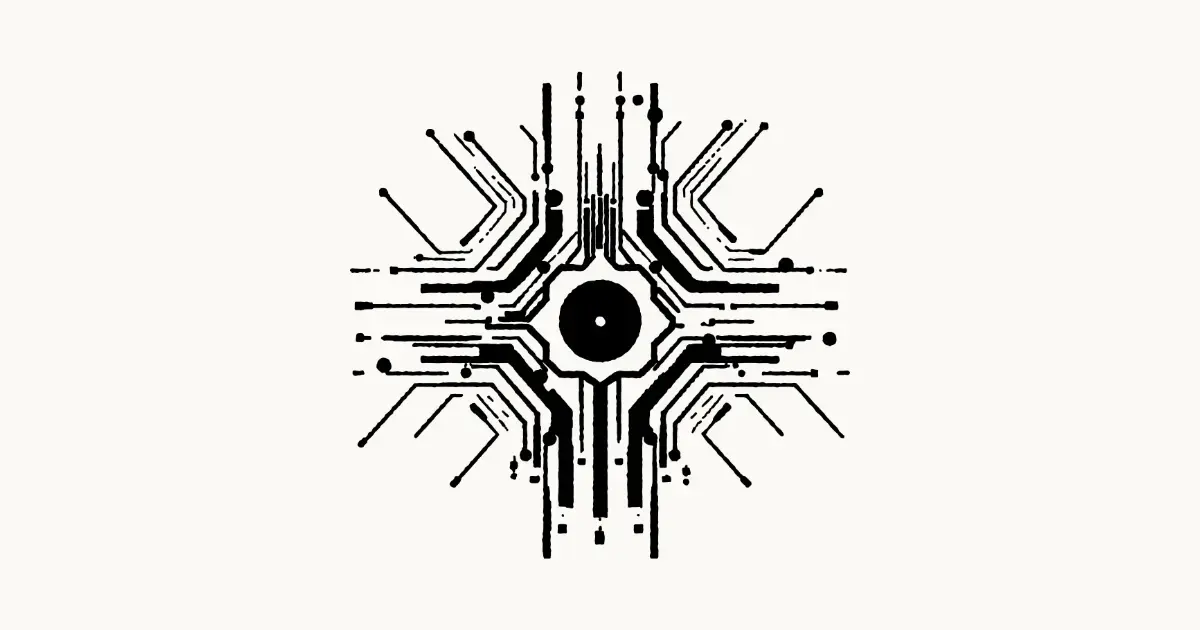Should have been open sourced from day one.
Agreed. Work on capitalist principles and you end up becoming beholden to capitalist principles.
If it could be made once, could it be done again? Main thing is adoption I think, not unlike Lemmy.
This briarproject in the other comment looks similar and open source.
What’s wrong with Briar? https://briarproject.org/
Censorship-resistant peer-to-peer messaging that bypasses centralized servers. Connect via Bluetooth, Wi-Fi or Tor, with privacy built-in.
I think the reason these apps don’t take off is the compromises they make in order to work the way they do. When you do need them, you best hope you’re able to get them and get others to use them as well.
Android only sadly
As I understand it, these kind of applications depend on being able to perform activities in the background, which is highly limited in iOS for battery efficiency reasons–and maybe for privacy.
Many years ago I was working on a project that shared connectivity details over wifi/bt, and iOS was troublesome also due to the application not being aware of the local bluetooth address.
Possibly similar issues impact other mesh networking applications on the platform.
https://code.briarproject.org/briar/briar/-/wikis/FAQ#will-there-be-an-ios-version-of-briar
We’re looking into whether an iOS version is feasible.
A typical iOS messaging app would use a push notification to wake the app when a message is received, but this exposes metadata to Apple’s push notification service and the app developer’s push gateway
If we don’t use push notifications then the best Apple allows us to do is wake up every 15 minutes and check for messages. But maybe the sender won’t be online when we check (their 15 minute intervals might not be aligned with ours - clocks aren’t perfect).
@xnx @KLISHDFSDF
s/sadly/naturally/
With Apple you get tracking and surveillance built-in. The Android world has clean custom-ROMS.
https://www.aalto.fi/en/news/keeping-your-data-from-apple-is-harder-than-expected
https://proton.me/blog/iphone-privacy
https://krebsonsecurity.com/2022/10/accused-raccoon-malware-developer-fled-ukraine-after-russian-invasion/What about Session, the Signal fork?
Session has made some insecure solution surrounding important design elements like forward secrecy
That is meshnet based
And? It works on iOS.
I’m missing the point. Was it that systems like Briar can’t work in iOS because they aren’t mesh net? If so, why not choose one that does, like Session?
The point is being able to communicate when the internet is shut off
For anyone considering Session messenger:
The Session developers dropped Perfect Forward Secrecy because it would be hard to work around it.
First things first, let’s talk about what we’re leaving behind: Perfect Forward Secrecy (PFS) and deniability.
Source: https://getsession.org/session-protocol-explained
In plain English, they dropped a security feature for their convenience to the detriment of their users’ security.
For anyone unsure what PFS provides:
The value of forward secrecy is that it protects past communication.
Source: https://en.wikipedia.org/wiki/Forward_secrecy
The Session devs also claim:
Session provides protections against these types of threats in other ways — through fully anonymous account creation, onion routing, and metadata minimisation, for example.
Reading between the lines, we can interpret that as introducing security through obscurity, which is generally considered bad practice - https://cwe.mitre.org/data/definitions/656.html
I’m a bit confused by the app and Mailbox app for being able to receive messages while offline separation. The normal app only supports live communication between two online participants? /edit: Looks like that is indeed the case.
access to FireChat was completely cut off without explanation.
After establishing that FireChat establishes its own, independent mesh network, I would have at least expected more details on how it was cut off? Did it simply became unavailable on the publishers distribution? The followup text seems to indicate otherwise. Did Google and Apple as app publishers actively revoke access to already installed apps? Did the Open Garden publisher have a disabling functionality in place? Did they publish an update to disable it?
Without any information, it’s hard to say why FireChat disappeared. […]
FireChat is gone because FireChat was a threat to the systems it circumvented.
“Nobody knows anything, but let me claim this anyway.”










